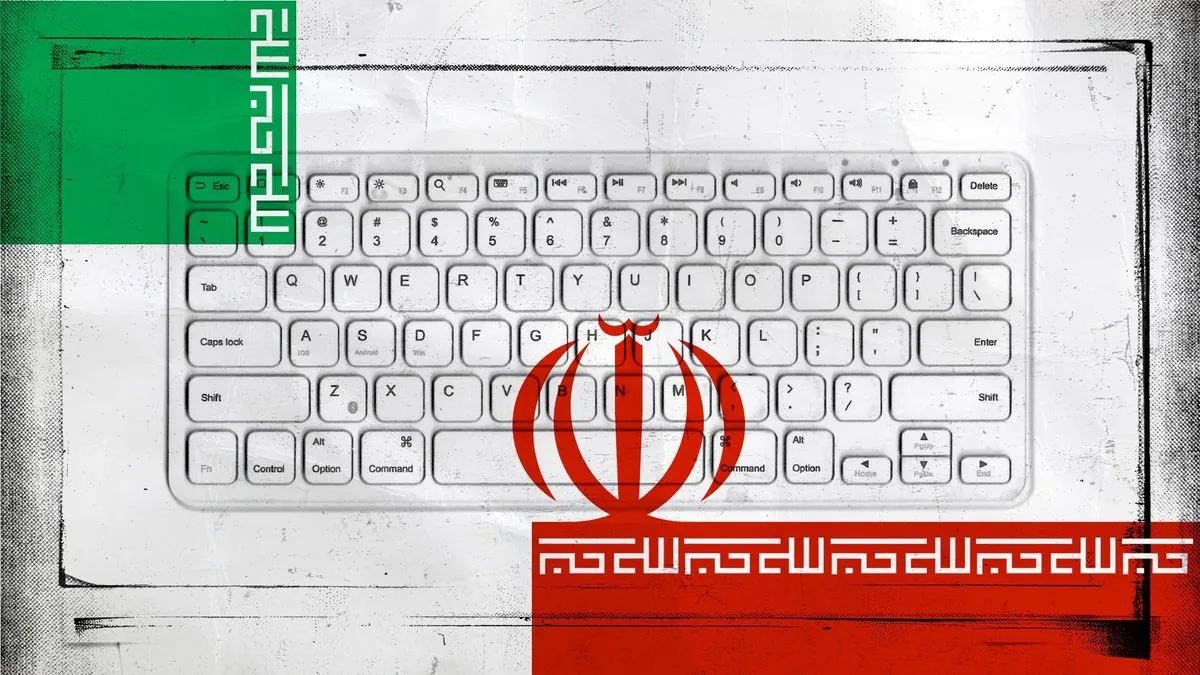Iran Escalates Online Efforts to Sway U.S. Election, Microsoft Warns
Microsoft's report reveals Iran's intensified online activities aimed at influencing the upcoming U.S. election. Tactics include phishing attacks, fake news sites, and activist impersonation, raising concerns about foreign interference.

As the United States approaches its quadrennial presidential election, scheduled for November 5, 2024, concerns about foreign interference have once again come to the forefront. A recent report by Microsoft has shed light on Iran's escalating online activities, seemingly aimed at influencing the upcoming U.S. election.
The technology giant's threat intelligence report, released on August 2, 2024, provides specific examples of Iranian tactics, going beyond previous disclosures by U.S. intelligence officials. These findings underscore the evolving nature of Iran's approach to election interference, a practice that has been observed in recent U.S. campaign cycles.

According to the report, Iranian actors have been engaging in various activities to potentially sway American voters, particularly in swing states. These efforts include:
- Phishing attacks targeting high-ranking campaign officials
- Creation of fake news sites catering to different political leanings
- Impersonation of U.S. activists
- Compromising government employees' accounts in key states
One notable incident occurred in June 2024, when a group linked to Iran's Revolutionary Guard targeted a senior U.S. presidential campaign official with a sophisticated phishing email. The attackers cleverly disguised the email's origin by sending it from a hacked account of a former senior adviser.
"Iran has been the victim of numerous offensive cyber operations targeting its infrastructure, public service centers, and industries. Iran's cyber capabilities are defensive and proportionate to the threats it faces. Iran has neither the intention nor plans to launch cyber attacks. The U.S. presidential election is an internal matter in which Iran does not interfere."
Despite Iran's denial of interference plans, U.S. intelligence officials have expressed alarm about Tehran's efforts, potentially seeking retaliation for the 2020 strike on an Iranian general ordered by former President Donald Trump.
The report also highlights how other nations, including Russia and China, are exploiting U.S. political polarization to advance their own agendas. While these countries have experimented with generative AI technology in their influence operations, the impact has been limited so far.
Avril Haines, the Director of National Intelligence, recently stated that the Iranian government has covertly supported American protests over Israel's war against Hamas in Gaza. This aligns with the ongoing tensions between Iran and Israel, whose military receives strong U.S. support.
It's worth noting that foreign interference in U.S. elections has a long history, dating back to the 1796 election. In 2020, groups linked to Iran sent emails to Democratic voters in an apparent attempt to intimidate them into voting for Trump.
As the November 2024 election approaches, vigilance against foreign influence attempts remains crucial. The evolving tactics employed by Iran and other nations underscore the need for continued cybersecurity efforts and public awareness to safeguard the integrity of the democratic process.


































